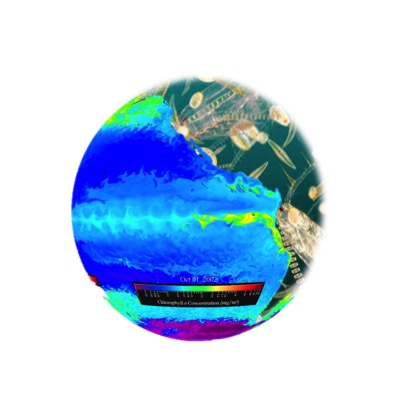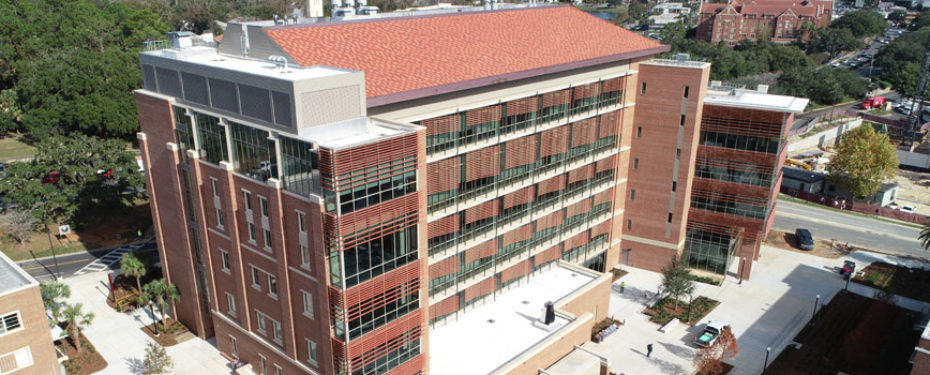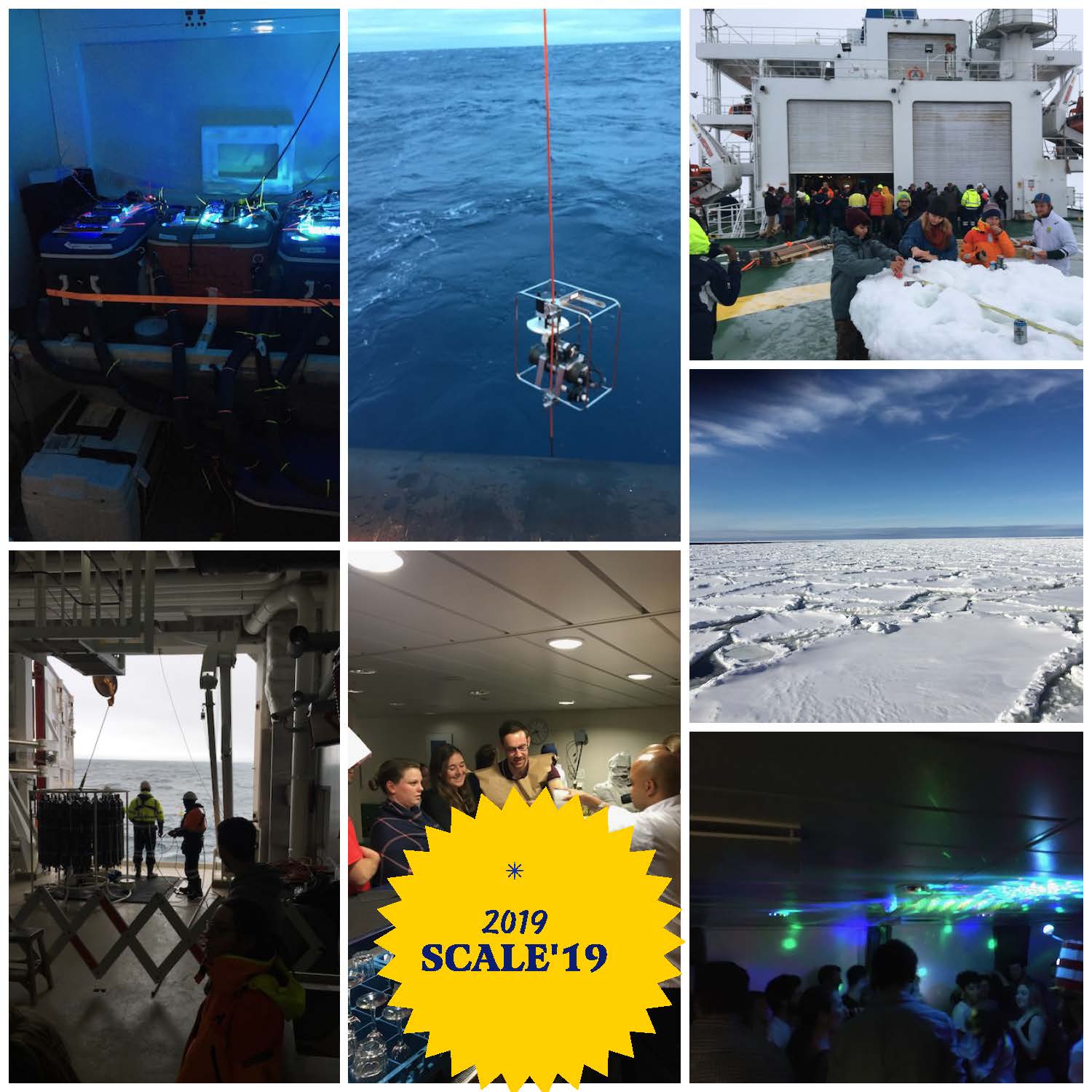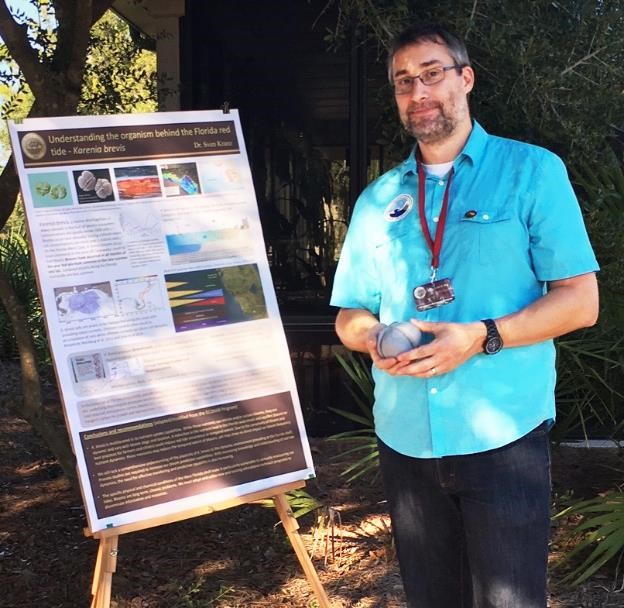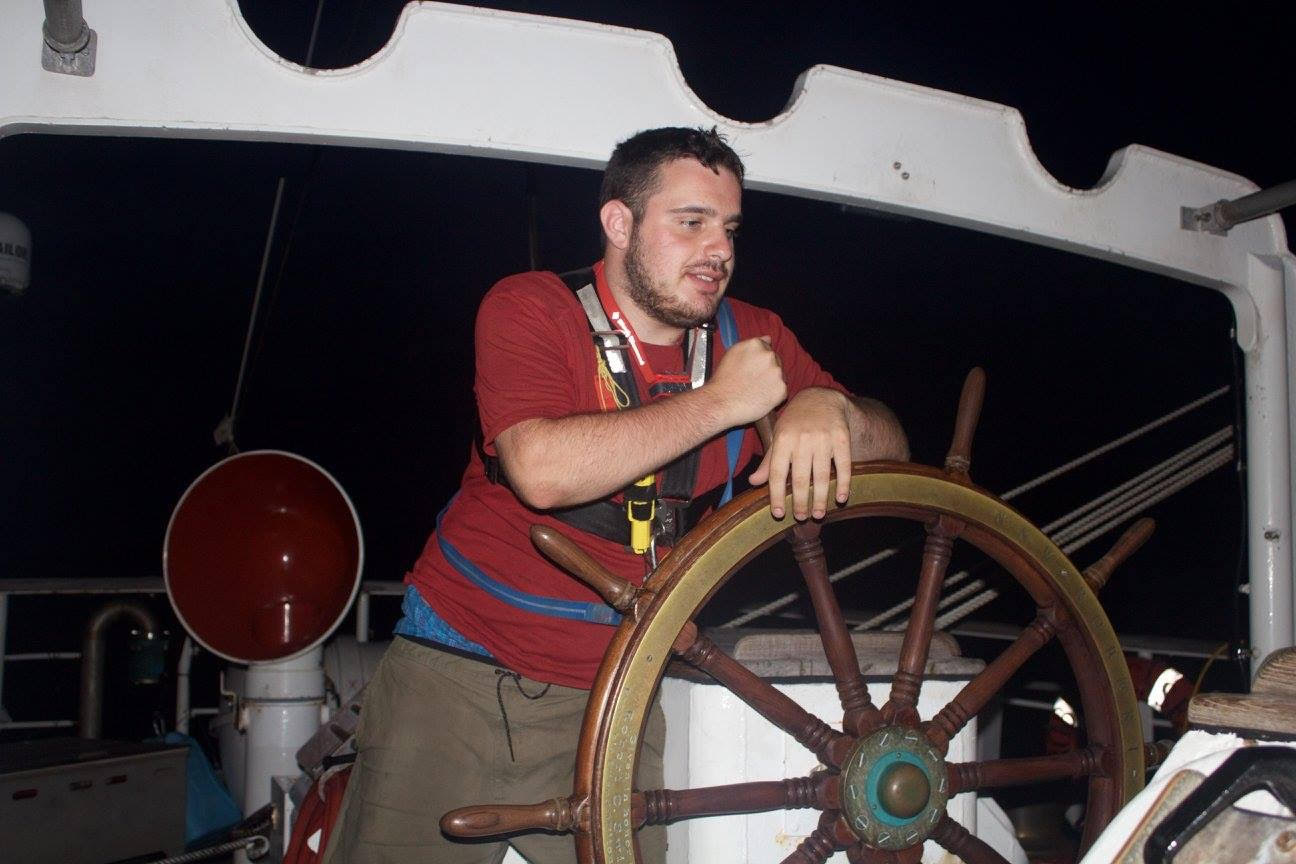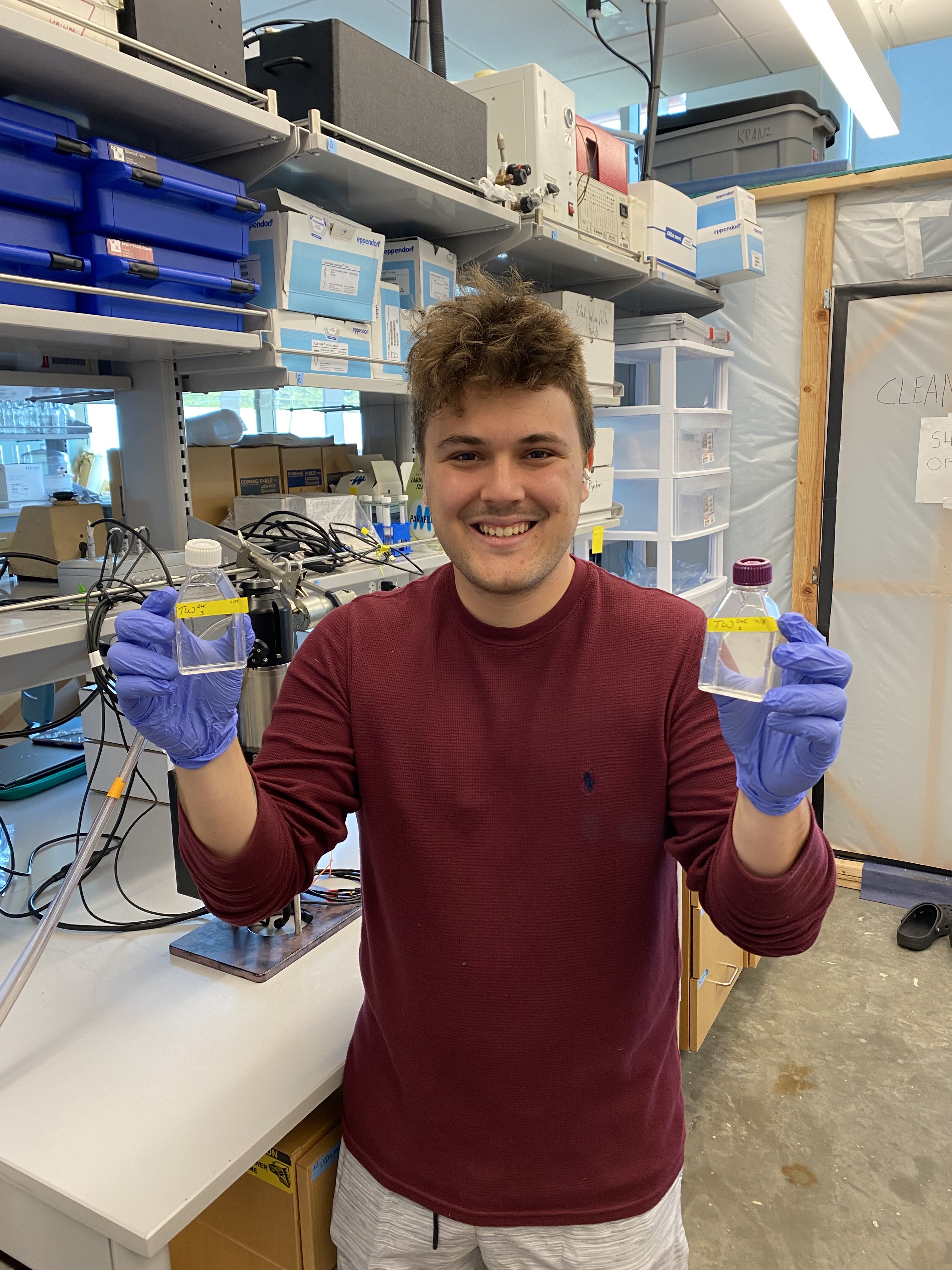Undergraduate students
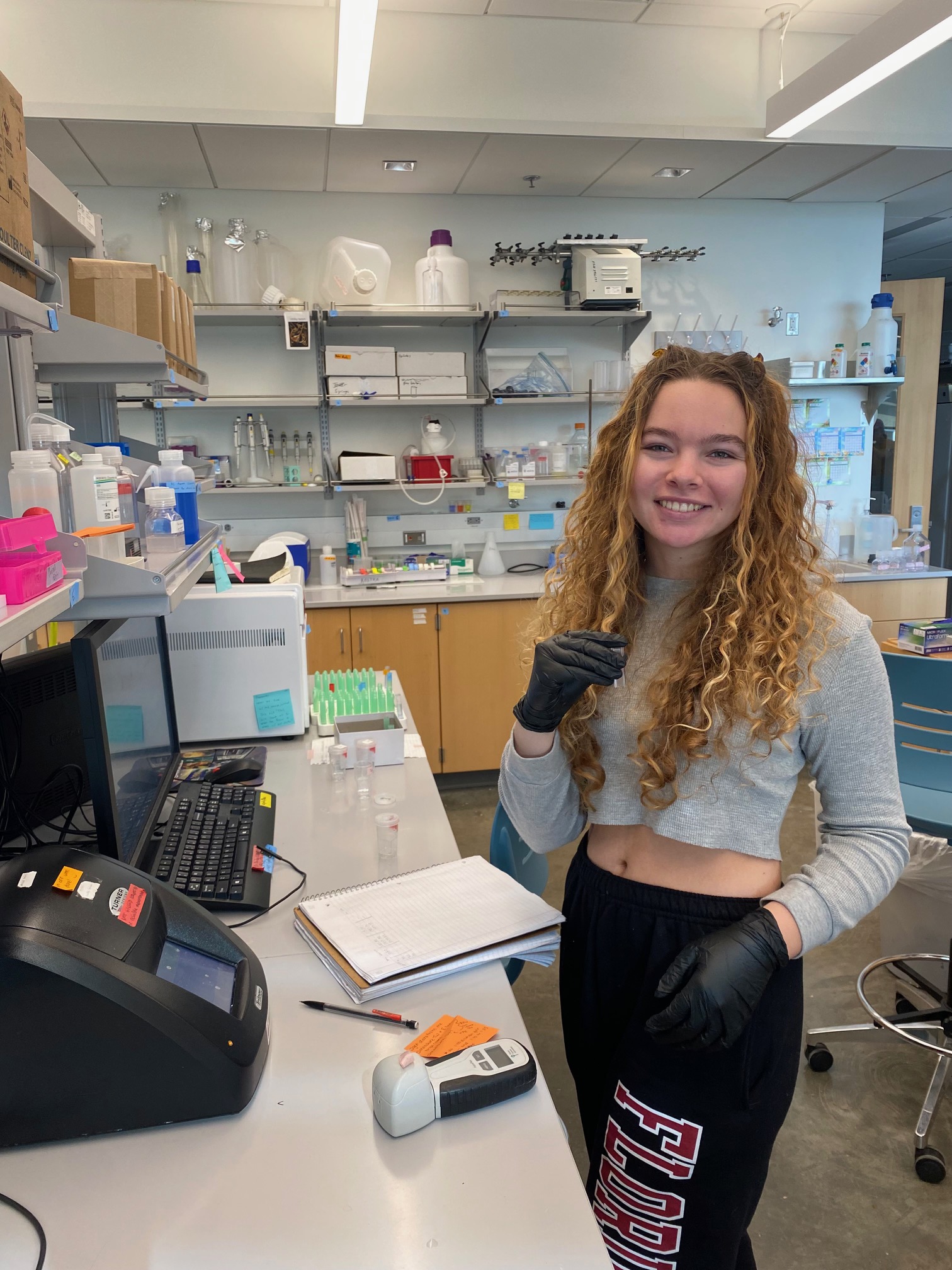
Angelique Kremer (UROP 2022/2023)
Project: Mixotrophy in K.brevis
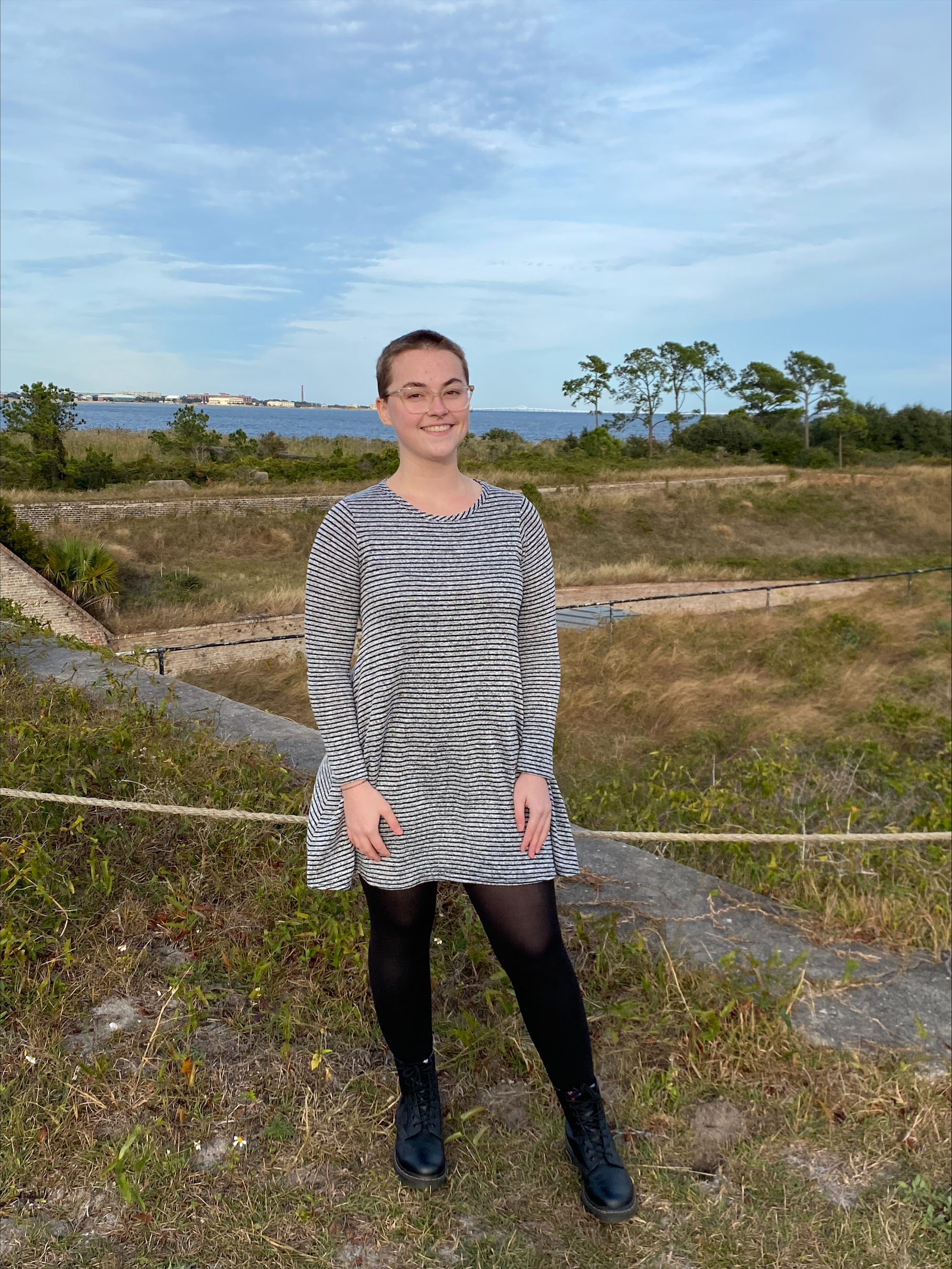
Ava Trail (UROP 2022/2023)
Project:Osmotrophy in K.brevis

Jacqueline Carr (Penny) (DIS/Intern 2022/2023)
Project: Antarctic Diatoms - light and iron effects
Benjamin Alboucrek (UROP 2022/2023)
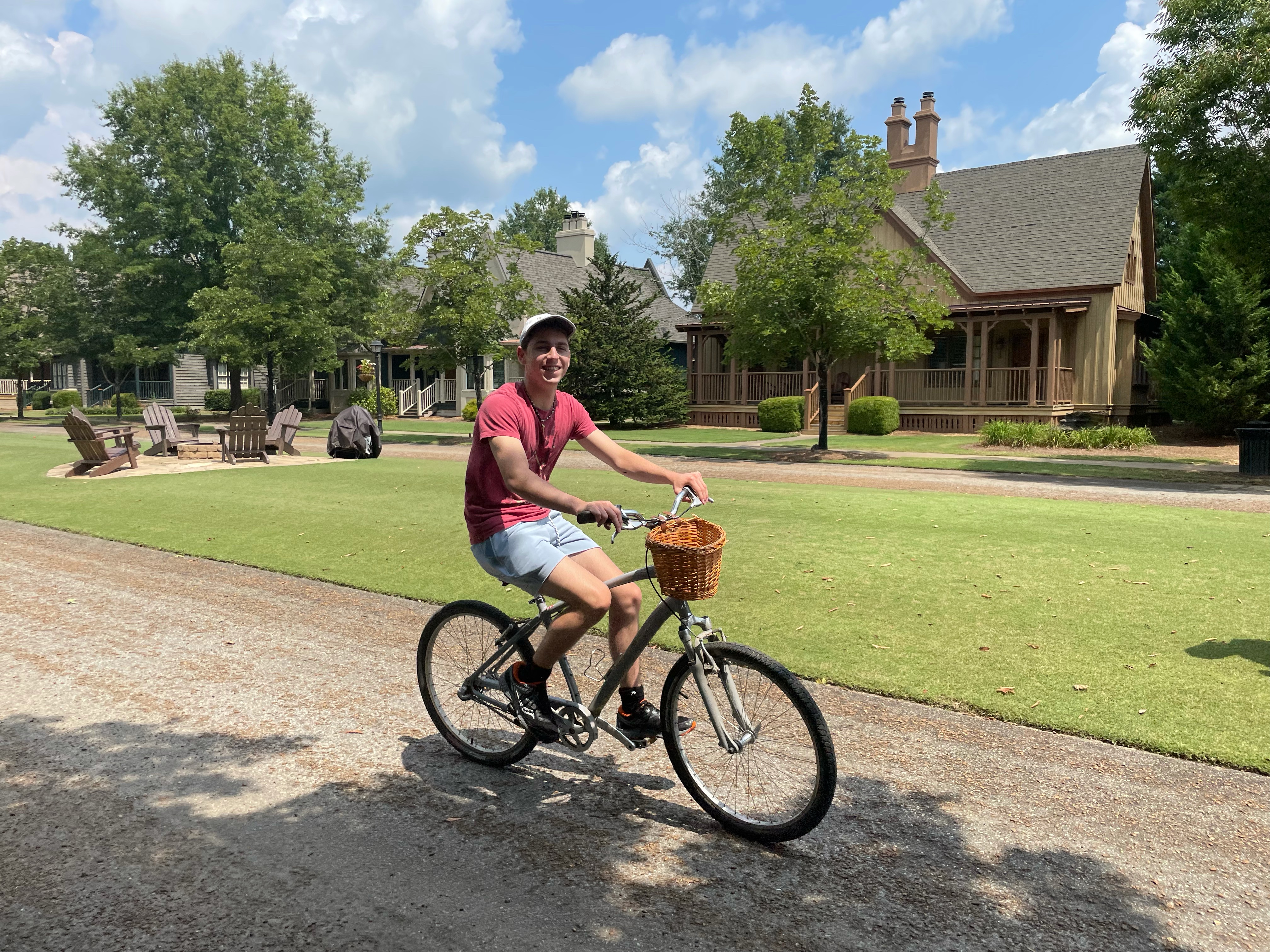
Project: Antarctic Diatoms - light and iron effects
Guests
Benton Jaco; FSUCML
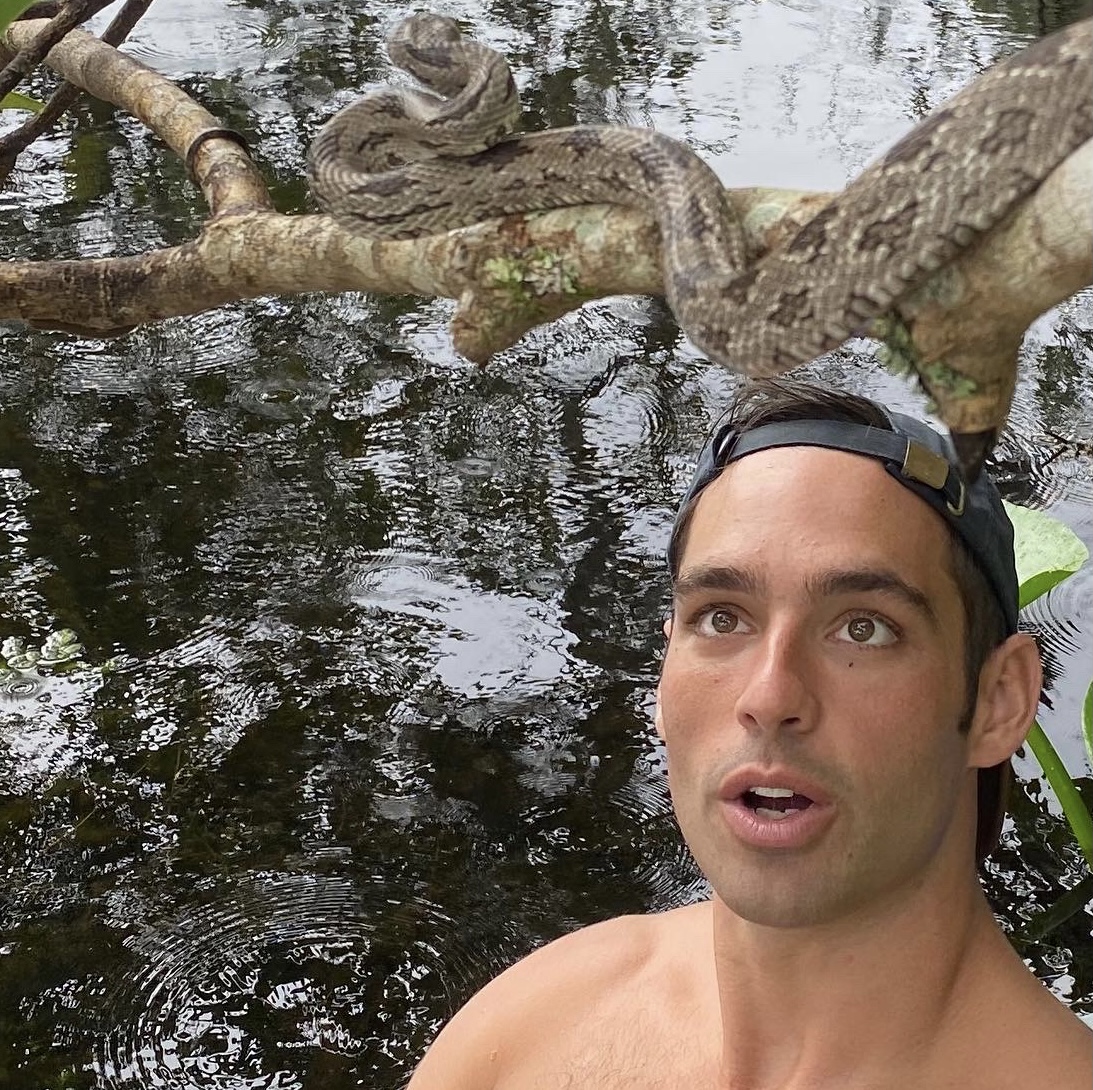
Project: K.brevis : allelopathy
about Benton
Anthony (UROP 2022/2023)
Project under Benton: K.brevis : allelopathy
Dr. Grisel Fierros; FAMU
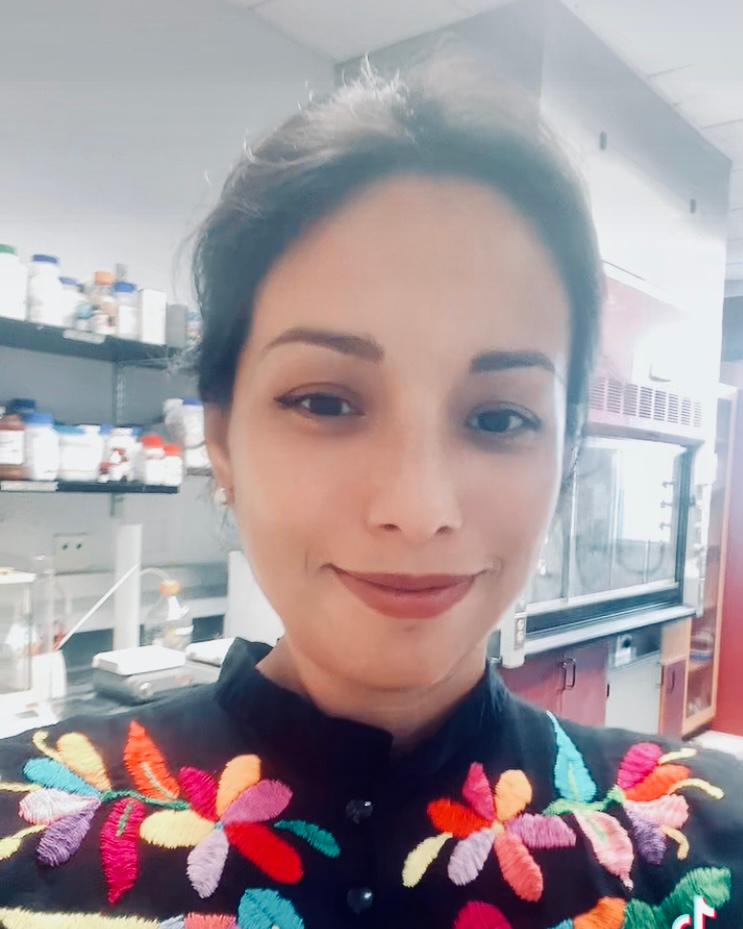
about: I am a young scientist, my research has been focused on environmental microbiology, and heavy metal resistance in microorganisms. My interest in science has led me to research in different organisms such as Nicotiana tobacco cells cultures, Bacillus megaterium, Microbacterium liquefaciens, heavy-metal resistant fungi, heavy metal resistant bacteria, aquatic viruses, and protists, and most recently in Halobacteriovorax, a predatory bacterium from the oceans.
Grisell's research
Project: NSF award 1948758
Jackson Powell; FSU-Bio

about Jackson
about:
I am studying the potential for adaptation in marine invertebrates with complex life cycles. I take quantitative genetics approaches to estimate additive genetic variance, selection, and reaction norm traits in larval and adult life history stages. In particular, I use breeding designs and environmental manipulations to accomplish my goals.
We are always looking for motivated and interested students to support our graduate students and conduct DIS (directed individual studies)!
Alumni -Undergrduate Students
Daniel Owen (2015)
K. Ferguson (2015)
P Knight (2016)
J Boronek (2016)
Y. Danyuk (2016-2017) Honors thesis
T. Mogavero (2017-2018)
Ariana Goldstein (UROP - 2017-2018)
Angela Hodap (UROP 217-2018; RA 2018-2021)
L. Morales (2018)
T. Fletcher (2018-2019)
A. Silva (2018-2019)
B. Gerad (2018-2019)
Nolan Hartz (UROP (2019-2020)
Chase Collier (2022)
Graduate Alumni
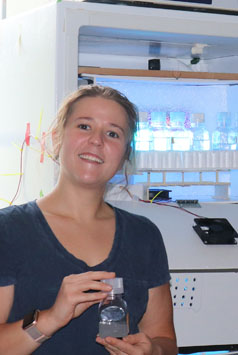
Dr. Bercel
Tristyn Bercel
Tristyn graduated in 2021 and is curently Post-Doc at the Mote-Laboratory in Sarasota Florida https://mote.org/staff/member/tristyn-bercel
MORE
